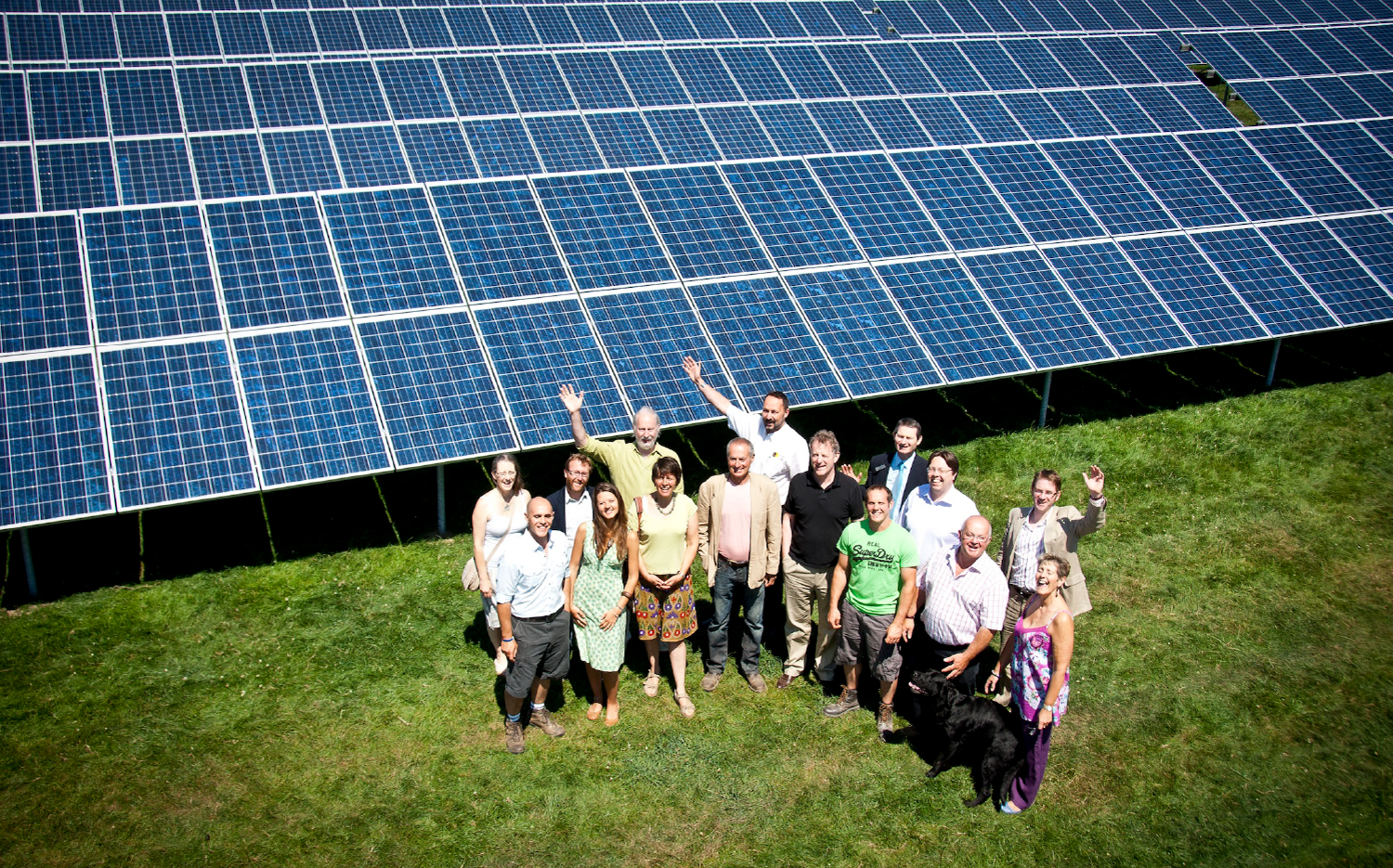Observatory of energy communities Community energy: There are already 353 communities in Spain. This legal figure offers environmental and social benefits in the development of initiatives in the field of renewable energy, energy efficiency and sustainable mobility. This is reflected in the first report with indicators of the Observatory of energy communities Community energyreleased this morning.
Las energy communities are undergoing strong development in Spain, where according to the first there are 353 throughout the territory report of indicators of the Observatory of energy communities Community energyan initiative developed by ECODES, with the support of Redeia, a global operator of essential energy and telecommunications infrastructure, together with the Ministry of Ecological Transition and Demographic Challenge.
This figure means that 4% of Spanish municipalities already have such a figure, with the Basque Country and Navarra being the autonomous communities where they have flourished most.
This report, presented on Wednesday in the context of a day inaugurated by the director of the Institute for Energy Diversification and Conservation (IDAE)Joan Groizard, assesses the progress made in the legislative field and in the development of incentive programs in 2023, in addition to presenting the national and regional indicators on legal, social, financing or participation aspects of the energy communities in Spain. This is the first edition of a study that will be updated annually to obtain an evolutionary analysis of these values. This will allow us to identify the practices that most effectively contribute to the progress of energy communities and will promote its replicability.
“This first report gives us a good overview of where and how the map of the energy communities in Spain and, above all, indicates what is already clear: that citizens are embracing the change in the energy model in Spain and demanding a leading role in the transformation that promotion of renewable energy and shared self-consumptionGroizard emphasizes.
Observatory of energy communities Community energy
One of the singularities of Observatory of energy communities Community energy is that it not only provides an x-ray of the impact and evolution of these figures in Spain, but also integrates economic, energy, social and governance aspects. So one of the report’s findings is that energy poverty is a situation that these communities are trying to solve, as 32% are addressing or planning to address the problem. Less positive data concerns women’s participation on their boards of directors: only 25% have at least 50% women on their boards.
Redeia’s sustainability director, Antonio Calvo Roy, has praised the evolution of this Observatory of energy communities Community energy, which highlights citizens’ growing concerns about the energy transition. “Every initiative makes sense and energy communities are an excellent way to make visible how citizens are increasingly committed to the transformation needed to face a just ecological transition and be active agents of change. Supporting this initiative with ECODES is fully in line with Redeia’s purpose,” he celebrated.
For his part, Víctor Viñuales, Executive Director of ECODES, recalled that “the energy communities are crucial for driving a resource-efficient and socially inclusive ecological transition. They not only enable citizens to play an active role in energy management and production, but also create new ecosystems of dialogue that reflect a shared vision of sustainability and redefine the way resources are conceived, generated and consumed.
In order for these initiatives to flourish and serve as an example and inspiration for other people and local authorities, it is necessary to make the most inspiring and transformative proposals visible. With this aim in mind, ECODES organized the second part of the day report “Las energy communities as a tool for social transformation”, developed by the University of Zaragoza and Diecisiete Coop with the support of the Ministry for the Ecological Transition and the Demographic Challenge.
This is a study that provides an analysis of the different models of energy communities exists, and proposes social impact indicators with four approaches: energy justice; energy democracy; community, values and stories; and community training.

